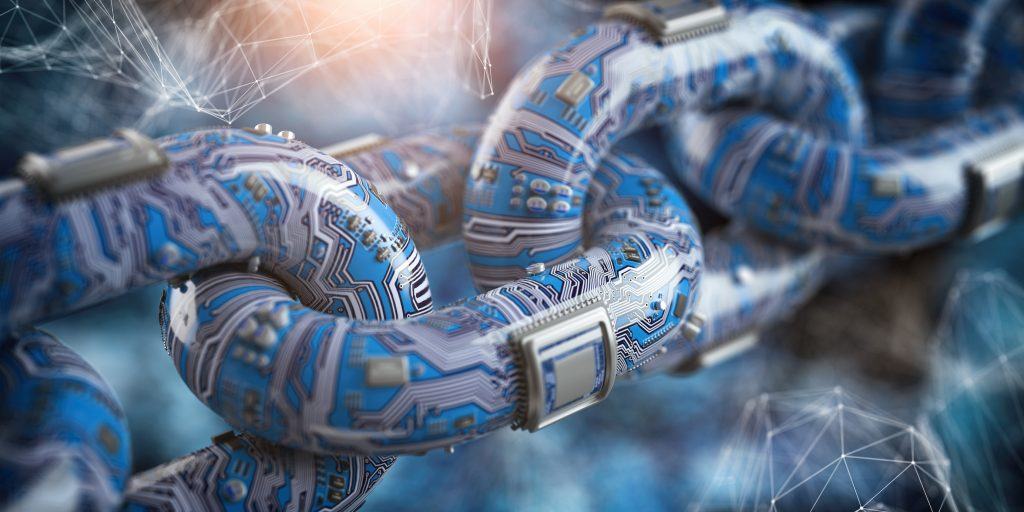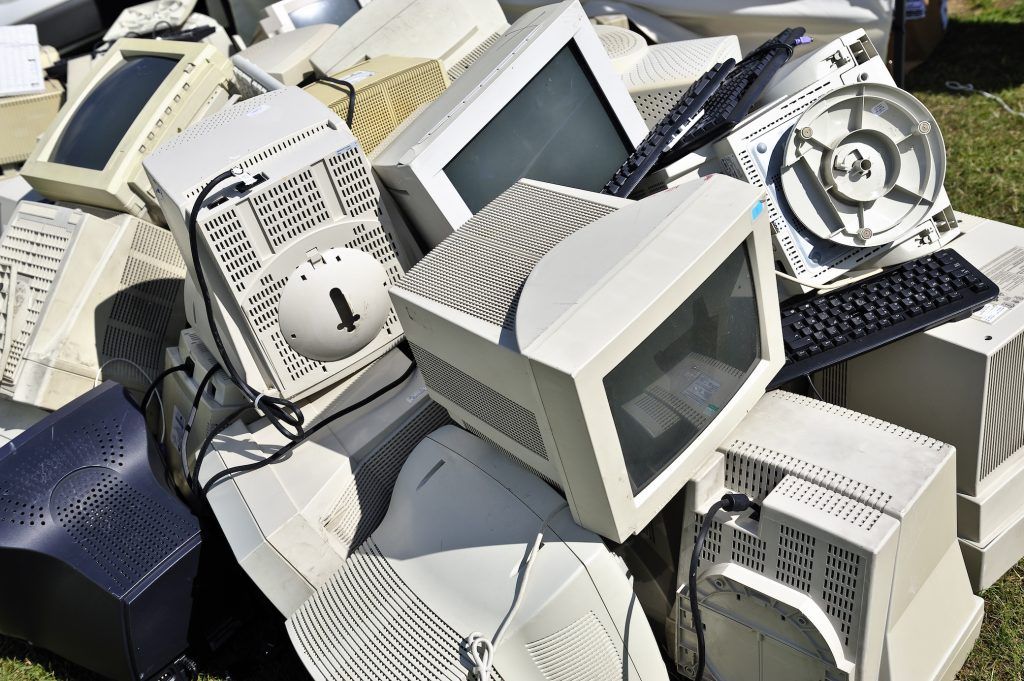Developing Technologies and Their Possible Business Applications

Being future-minded means that you are always on the lookout for the next big thing and how it might affect your business, be it technology or otherwise. Many developing technologies might seem like they will never see the light of day, but the reality is that many of them do have the potential to see […]
Start Investing In Your Team’s Technology

We don’t believe for one second that employees want to do the wrong thing; after all, they work for you for a reason, that reason being they want to do the job you hired them to do. Unfortunately, technology can often make it so that this process becomes difficult. If you don’t invest time and […]
Blockchain Technology Solutions For Your Business

Blockchain technology might be best known for its use with cryptocurrencies such as Bitcoin and Dogecoin, but that’s just one type of blockchain. There are other varieties that could prove useful in certain sectors. Let’s take a look at what they are, how they might be used, and what some of their benefits and shortcomings […]
How Old Technology is Actually Recycled

Regardless of how well a new device or gadget works when it is first acquired, they certainly don’t last forever. Eventually, the time comes that your old technology needs to be replaced, leaving you to dispose of it. This requires more than just a quick trip to the dumpster, however. These devices need to be […]
Will Google Revolutionize Online Privacy?

Your online privacy matters, even if you don’t think you have anything to hide. Over the last few years, this has become more and more evident as we watch tech giants profit off of understanding the people who use their services. Facebook, Amazon, and Google are among them. Google in particular has made some recent […]

